
This is a sequel to:
The text of this post has been translated from Dutch into English with DeepL. It will be manually edited and streamlined soon.
THE IMAGE of two trigrams: Fire below, Wood above. A pile of firewood, a campfire, a burning stove. Learning to use fire would prove crucial for our distant ancestors. Wild animals stayed at a safe distance at night, food became much easier to digest, bodies could warm themselves, and around a fire was good storytelling. Stories connect. The warm stove as the hub of the household. What could be better than meeting around a warm hearth? Wood over Fire: the image of the familiar, of a close-knit group of people, a clan, a family. Flip the hexagram then its opposite appears and complement: chapter 38. Estrangement.
SHANGHAI, 1991
As a little boy, it did not occur to me that you could just become a journalist, if that was what your heart was set on. Making an elephant's path between a dream and its realisation was still an unknown skill. And becoming a geographer in order to follow in Phileas Fogg's footsteps seemed, on reflection, far too cumbersome and unnecessary. Sitting for years with your nose in the books, while adventure beckons outside? Without much notable affinity other than a fascination with the red characters - in Jules Verne's book and on the front cover of Richard Wilhelm's I Ching - I had started studying the traditional medicine of China.
Perhaps I would have been better off training as a sinologist. Possibly, but studying Chinese medicine was like closing my eyes, and when I opened them again, I found myself in Shanghai. It is 1991, two years after the tumultuous Tien An Men period, and I have been introduced as a work-study student at the academic Long Hua hospital. The city is in full transition, from Mao suits to fashion on the Nanjing Donglu, from shabby two-high brick to towering glass modernism. The old China that had drawn me so much is nowhere to be seen. The city is in a hurry, people are busy with tomorrow.
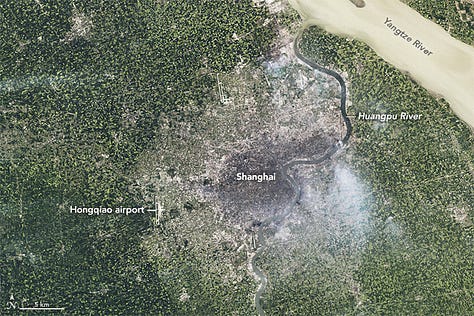
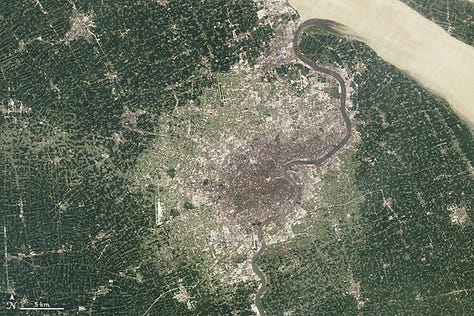
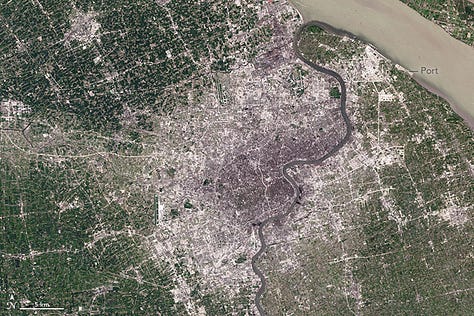



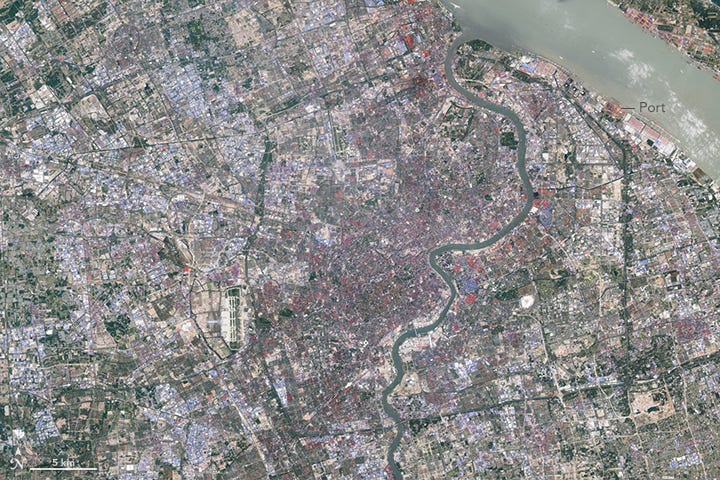
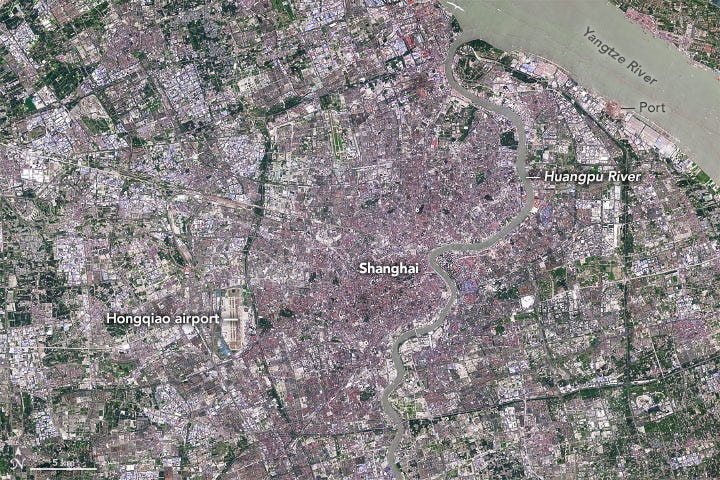
The fascination with the mystery of the red characters soon turns into the frustration of not being able to read anything. Shanghai summer 1991 is the perfect location to get lost: 24/7 crowds of people, rarely anyone speaking more than ten words of English, oppressive heat and rain, no reference, no idea what is going on in the minds of these people. But losing your way also creates the best conditions for unexpected encounters, for quickly mastering a foreign language, for giving up resistance and then letting all the unknown come close.
One morning, Zhou Wei, a doctor I had befriended, enthusiastically tells me that soon - you wouldn't believe it - the Dutch national team will come to play the local Shanghai FC. Whether I feel like going along? Being a football fan and then being invited to a match of Gullit and Van Basten's team - of course, I will go along. The huge stadium is packed and the anti-climax can not be greater, that it is not the Orange who enter the pitch, but the green and yellow of ADO, the club from my hometown The Hague. The Chinese footballers can't do much of anything and ADO wins by big numbers. I leave my Chinese companions convinced that they have been watching the Dutch team and that there is no shame in losing badly to the 1988 European champion.
HANGZHOU, 1992-1993


Every day I cycle from my accommodation in Hangzhou towards the famous West Lake. The first section takes me through shabby suburbs, blocks of which turn out to have been bulldozed overnight without notice. Hangzhou has been China's capital in the distant past and overflows with history. Now neighbourhood after neighbourhood must make way for the new China: glass high-rises, offices and shopping malls. Dramatic episodes of China's recent history traced a trail of destruction through the country, but around West Lake, much of the old culture seems to have been spared.


I cycle along a road along one of the shores of West Lake, past classical buildings, and then past the tomb of General Yu Fei, legendary hero of the Song dynasty. Yu met his end miserably through treason and the outrage over this has not subsided after all these centuries. Buses are invariably parked in front of the tomb. They bring in local tourists, who pay homage to the general and spit on the stone statues of Yu Fei's traitors. Yu Fei is the founder of Ba Duan Jing and Hsing I Chuan, both of which would later play a major role in my studies and work.


At the end of the lake, a road leads into the hills and after about half an hour I reach the Lingyin temple. At the entrance gate, I lock my bike and imprint the location in my memory as best I can - there are an infinite number of bikes of the same colour and make and what makes finding back this one bike an ongoing task.
I walk along the narrow paths of the historic Buddhist temple complex, all the way to the back, where the chanting of the monks, their bells and wooden knockers, and the chatter of visitors have died down. Through a small gate, I enter an open area - a few modest buildings surrounded by dense bamboo vegetation. Here, during the autumn and winter months, I study under Dr Luo Zhen, a chi kung specialist. The good-humoured Luo speaks only Chinese and I pretend to understand everything he explains to me.


In free hours between training sessions, I take walks in the hills behind Lingyin temple. Lush bamboo forest, a Taoist altar, a carved stone staircase, a small tea house. The Hangzhou area is famous for its delicate green tea, and next to the tea house is a spring whose water brings out the Longjing tea best: Hu Pao Chuan, the spring of the jumping tiger. Older men around a small table silently play their Majang and sip their tea. It wouldn't be any more China for me.


You are very welcome to leave a comment or idea in response to this story here!




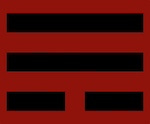
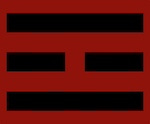
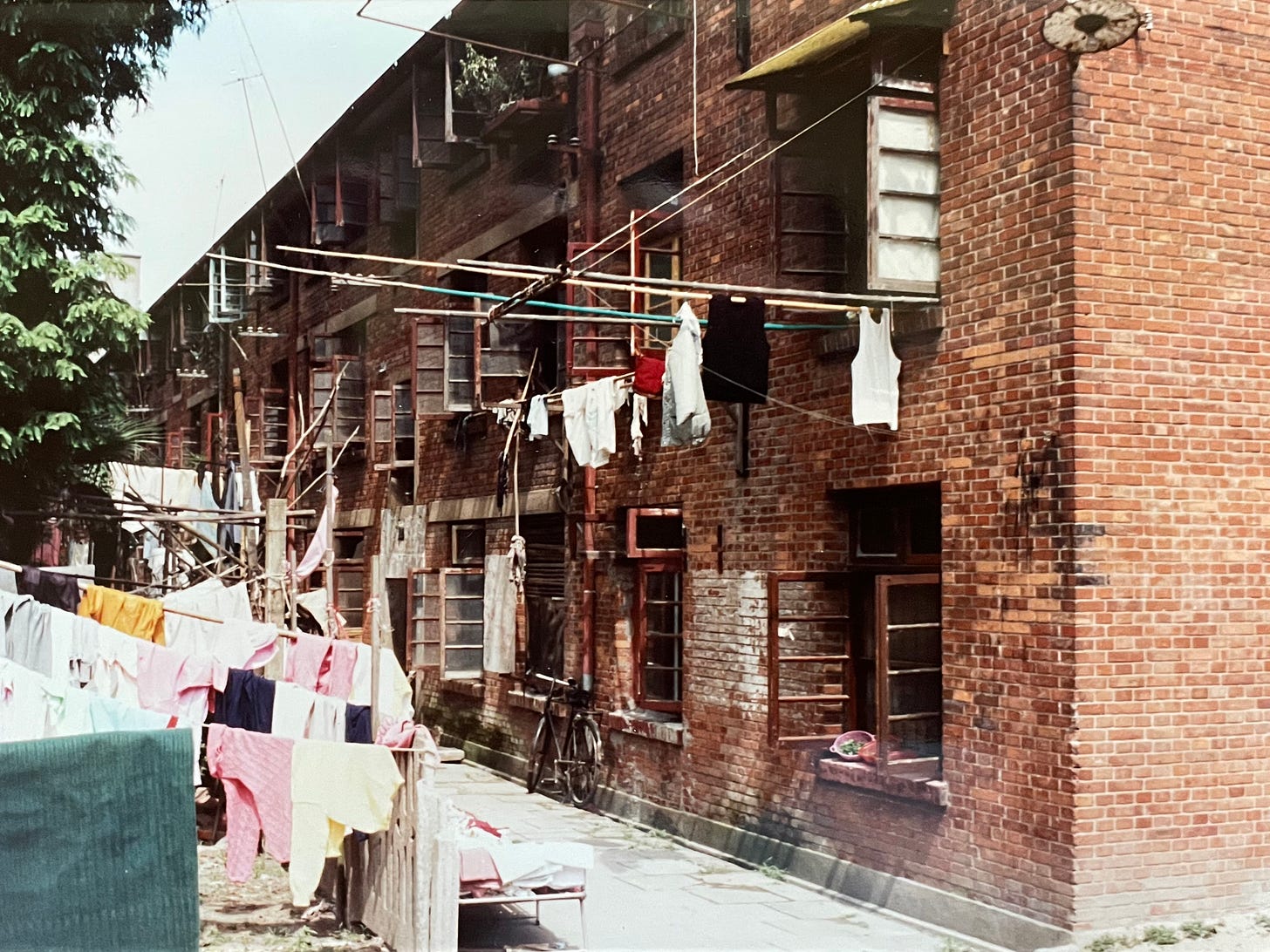


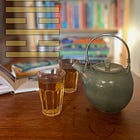
Beautiful recollections of time past.